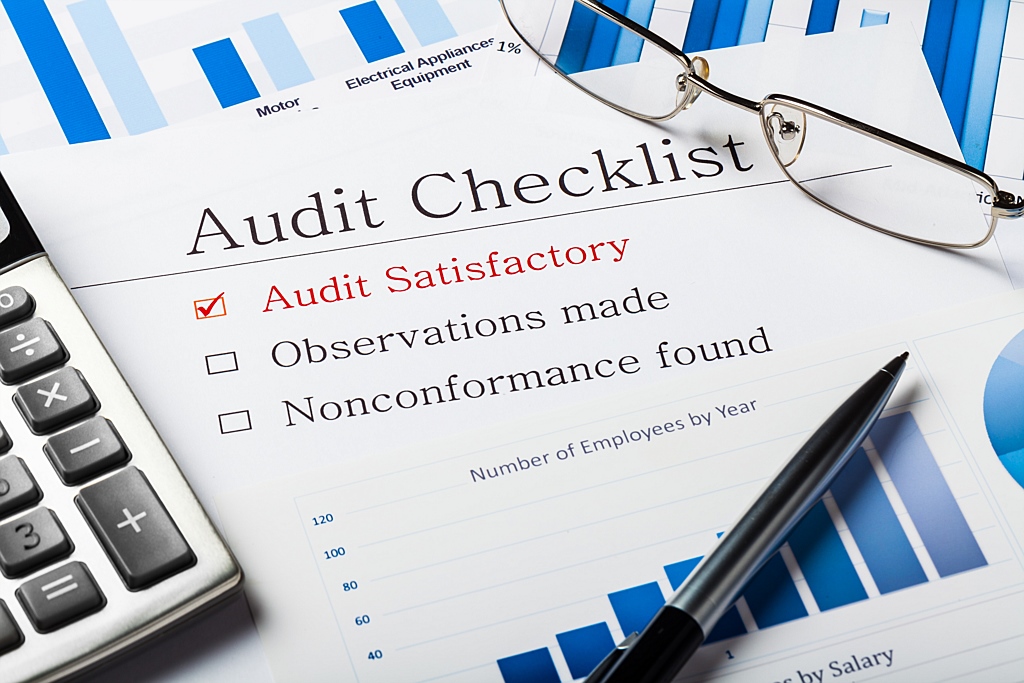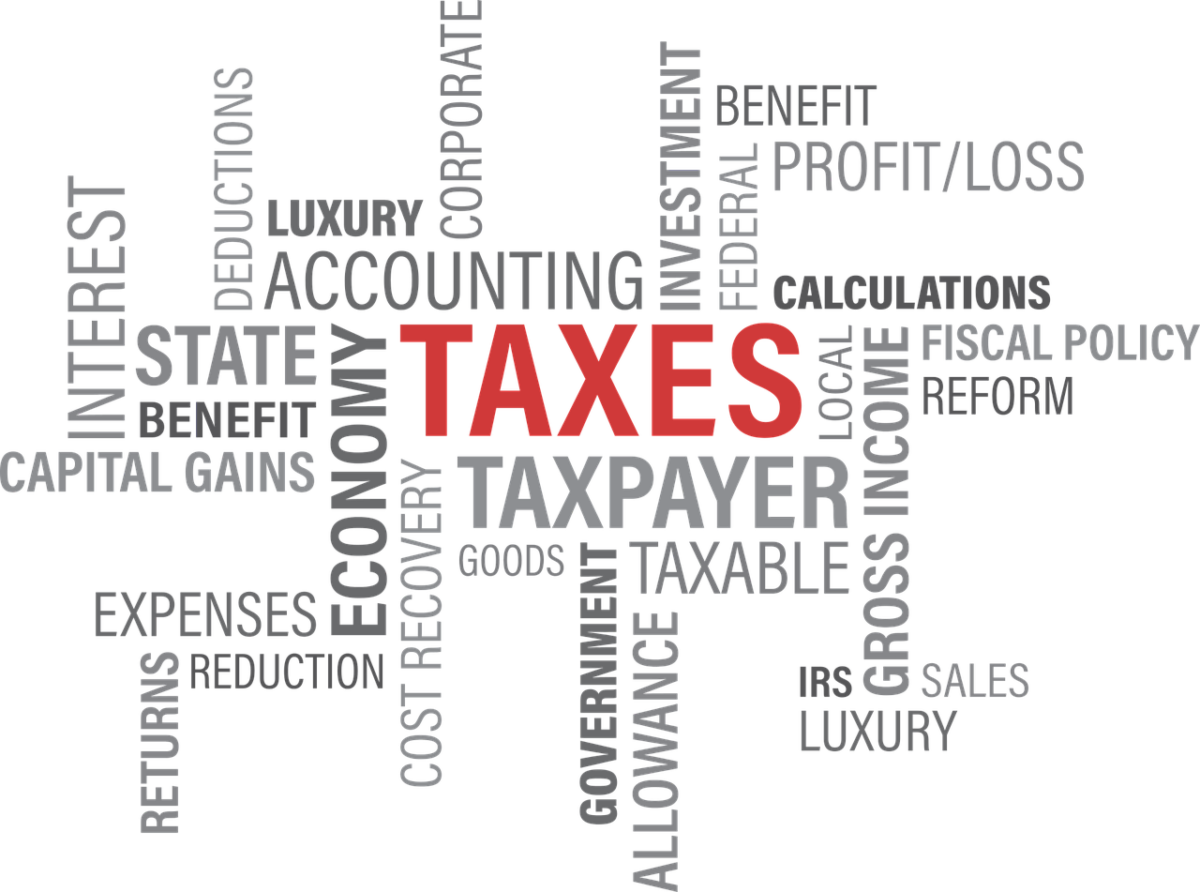Many Millennials are struggling when it comes to their taxes. They don’t have access to the wide variety of tax deductions that their parents have been claiming for years. They’re at a unique point in their life where they’ve just graduated, started a new job, or are just struggling with day-to-day expenses. The following are some tax tips specifically for Millennials.
Filing Fees
Anyone that makes less than $64,000 per year is eligible to file for free. The IRS website can lead filers to companies and organizations that provide the online software to complete their federal and/or state taxes and for e-filing.
Education
Students and graduates should write off every possible educational deduction, including a tuition and fees deduction. It could result in a deduction of up to $4,000. To do so, Millennials will need to save every receipt that may apply. Young taxpayers can also claim their student loan interest up to $2,500.
Another deduction is Lifetime Learning Credits. The deduction can be taken for continuing education even after graduation and has the benefit of making individuals more attractive to employers.
Healthcare
A Health Savings Account (HSA) is a fund to which a taxpayer can contribute on behalf of their medical expenses. Up to $6,150 can be deposited each year and it’s all tax-free money that can be used toward any medical expense.
Retirement
Millennials should start saving for retirement as soon as possible. A Roth IRA, for example, allows individuals to take money from the original principal without penalties if needed while continuing to yield monetary results.
Working
Expenses associated with moving to start a new job may be deductible as a work-related expense if the relocation is at least 50 miles. For Millennials that may be working from home, a portion of their living space may qualify as a home office and be eligible for the home office deduction.
Amazon, eBay, and Etsy are all great ways to make extra cash and those avenues may qualify as a home business. Some individuals that are working in positions in which they can offer consulting services can change their filer status from employee to entrepreneur, which opens up new savings possibilities when filing.
At Peavy and Associates PC our mission is to assist you with all your tax preparations, payroll and accounting needs. We provide our clients with professional, personalized accounting services and guidance in a wide range of financial and business needs. Give us a call today and discover why our clients return to Peavy and Associates, PC year after year!






